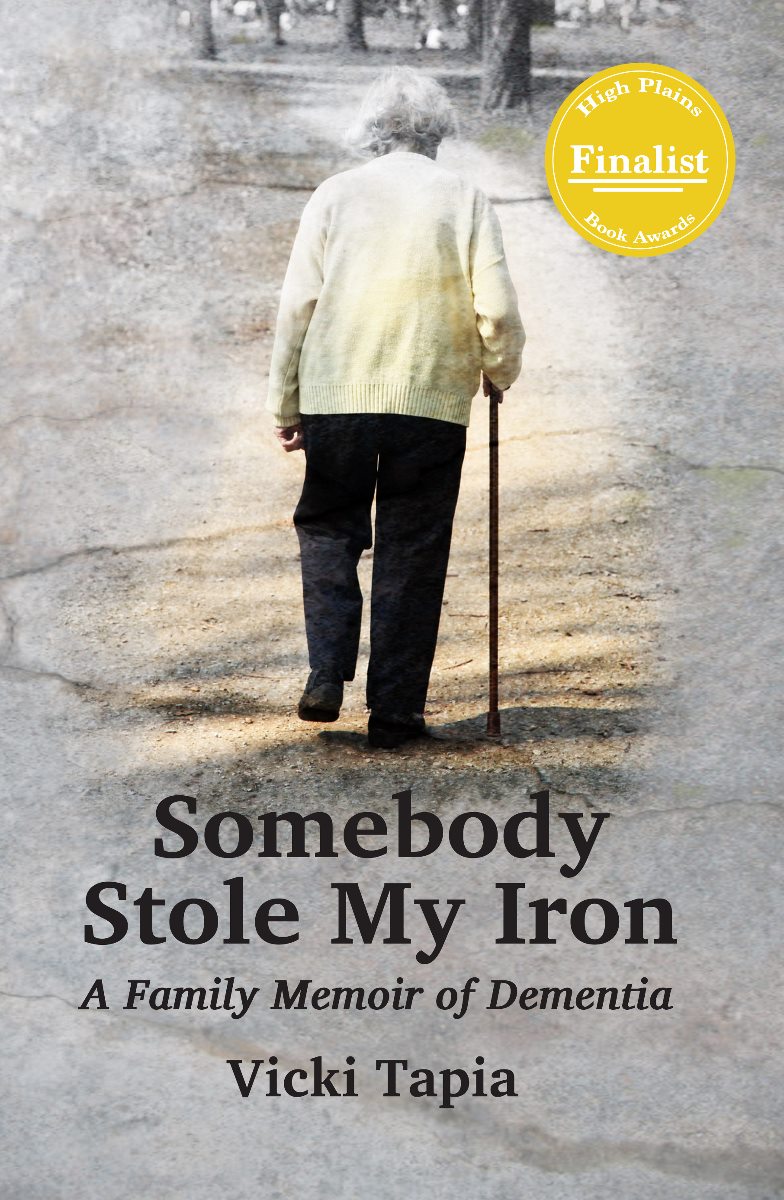A guest post by Vicki Tapia.
It’s difficult to say for sure when Mom’s dementia symptoms actually began, but certainly long before they were evident to any of the extended family. My parents lived in another town, 2 hours away, and that distance provided a type of disguise for her cognitive decline. It took several years before I began to put 2 and 2 together. Sure, there were the odd behaviors of forgetting certain things such as how to correctly follow a recipe, what an eggbeater is used for or how to send email on her computer. I simply attributed it to old age, the stress of taking care of Dad (who had Parkinson’s disease) or plain old forgetfulness. The day Mom didn’t recognize her granddaughter standing before her, however, was probably the day my uncertainty took root. That was when I began to have vague suspicions there was something more nefarious happening to Mom’s brain beyond simple “old age.” Even so, it took yet another year beyond that incident before she was finally evaluated. And, by then, the diagnosis was already moderate Alzheimer’s disease.
I’ve learned that it’s not uncommon to miss clues of cognitive decline when someone we love acts in ways that go beyond normal aging. And when we do observe behaviors out of the ordinary, we often normalize or simply deny there may be an issue. If you’re close to someone who displays any of the following symptoms, it’s worth a medical evaluation.
- Becoming more forgetful
- Having trouble concentrating
- Struggling to perform familiar tasks
- Difficulty recalling names or words, or perhaps substituting words out of context
- Getting lost in a familiar neighborhood or forgetting how to reach a well-known destination
- Repeating the same thing or asking the same questions over and over
- Misplacing or putting items in strange places
- Family or friends noticing changes in behavior, mood or personality
- A lack of desire to engage socially
